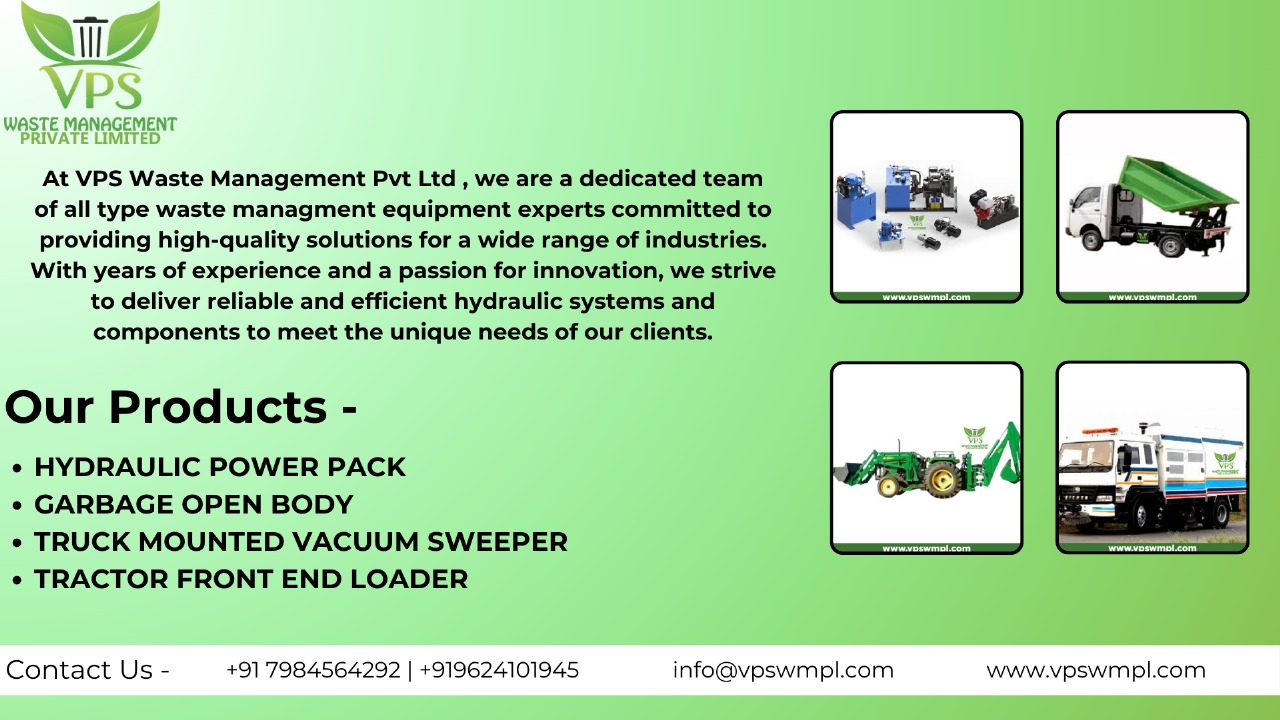Hydraulic Solenoid Valve
A HydraulicSolenoid Valve is an electromechanically operated valve used to control the
flow of hydraulic fluid in a hydraulic system. It utilizes a solenoid
(electromagnet) to shift a spool or poppet that opens, closes, or diverts fluid
paths within the valve body. These valves are essential components in hydraulic
machinery, offering precise and remote actuation for controlling actuators like
cylinders and motors.
Hydraulic
solenoid valves can be configured as directional control valves, pressurecontrol valves, or flow control valves. They are available in a wide
range of sizes, voltages, and flow ratings to suit everything from industrial
automation to mobile equipment. Thanks to their reliability and quick
switching, they are a cornerstone in modern fluid power systems.
Top 10 FAQs about Hydraulic Solenoid Valves
- What is a hydraulic solenoid
valve used for?
It controls the flow or direction of hydraulic fluid to actuators in a hydraulic system. - How does a solenoid valve
work?
An electric current energizes the solenoid coil, creating a magnetic field that moves a plunger or spool to shift the valve’s state. - What voltages are common for
hydraulic solenoid valves?
Typical voltages include 12V DC, 24V DC, 110V AC, and 230V AC. - What types of solenoid
valves are used in hydraulics?
2-way, 3-way, 4-way directional control valves, along with pressure relief and check valve configurations. - Can solenoid valves handle
high pressure?
Yes, they are designed for high-pressure applications and can often operate above 250 bar (3600+ psi). - Are they normally open or
normally closed?
Valves can be either normally open or normally closed depending on the application. - Do they require regular
maintenance?
Minimal maintenance is needed, but periodic inspection and cleaning of the coil and internal parts is recommended. - What fluid types can be used
with these valves?
Primarily hydraulic oil, but also compatible with some water-based and synthetic fluids (check manufacturer specs). - Are they suitable for
outdoor or mobile equipment?
Yes, weather-sealed and ruggedized versions are available for mobile machinery and harsh environments. - Can the coil burn out?
Yes, due to overvoltage, poor cooling, or continuous over-energizing. Always match the coil voltage and duty cycle to the spec.
Applications of Hydraulic Solenoid Valves
- Construction Equipment
(Excavators, Loaders, Cranes)
- Hydraulic Press Machines
- Agricultural Machinery
(Harvesters, Tractors)
- Industrial Automation
Systems
- Injection Molding Machines
- Marine and Offshore
Hydraulics
- Wind Turbine Hydraulic
Systems
- Mining Equipment
- Machine Tool Control Systems
- Aerospace Ground Support
Equipment
Benefits of Hydraulic Solenoid Valves
- Remote & Precise Control
Allows for fast, accurate actuation via electrical signals. - Compact & Efficient
Design
Small form factor saves space in hydraulic circuits. - Quick Response Time
Ideal for dynamic and time-sensitive applications. - Reliable Operation
Long service life with high performance under demanding conditions. - Easy Integration
Easily interfaces with electronic control systems like PLCs or ECU modules. - Energy Efficient
Only requires power during state change (depending on valve type). - Versatile Configurations
Wide variety of ports, sizes, voltages, and spool types. - Minimal Leakage
High sealing efficiency reduces fluid loss and enhances system efficiency. - Safety & Fail-Safe Options
Can be configured for fail-safe open/closed positions in emergency situations. - Low Maintenance
Requires less manual intervention compared to mechanical or manual valves.
Contact
us more details:
Call: +91 7984564292 +919624101945
Email: vpswmpl@gmail.com info@vpswmpl.com
Address: Ahmedabad Office : Shed No. B-21, Shree Mahalaxmi Estate, Wandervat
Talav, Near Shankeshwar Estate, GIDC Vatva, Ahmedabad - 382440, Gujarat, INDIA

